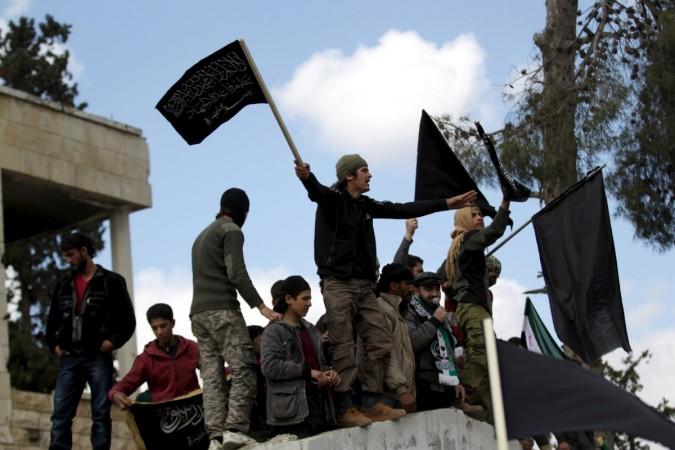
Analysis of biographical data of recruitment forms of the Islamic State (IS) group has revealed that people from at least 70 countries wanted to be a part of the jihadist organisation, according to a Combating Terrorism Centre (CTC) report. The applicants, when compared to their home countries' level of education, can apparently be called well-educated.
The information was leaked by an ISIS defector, following which multiple news outlets across the world received access to the forms. Among them was U.S. television network NBC, which handed over the data to Syrian opposition news website CTC, German daily Sueddeutsche Zeitung and German broadcasters. Security agencies in Germany also received the data, according to Agence France Presse.
At least 10 percent of the candidates had previous jihadist experience in Syria, Libya, and Afghanistan, says the CTC report, adding that the "story these documents tell is primarily that of the foreign fighter," as very few Iraqis and Syrians are named in the list of candidates in 2013 and 2014.
The data forms required the candidates to write their names, blood type, citizenship, marital status, education, address, level of sharia expertise, occupation, and preference for being suicide bombers or holding other roles in the organisation, among other details. The publicised data accounts for 30 percent of ISIS' 2013 and 2014 candidates, AFP reported.
The documents had 4,173 records of fighters of which only 3,244 forms recorded citizenship. As many as 935 applicants' citizenship was not known. However, among the ones that were known, Saudi Arabia topped the list at 579, followed by Tunisia at 559, then Morocco, Turkey and Egypt. There were at least nine countries, including Russia and China, from which more than 100 candidates had applied in 2013 and 2014. Only one Indian's records were found in the data haul.
The research organisation also analysed the last country the applicants resided in before trying to become a member of the terrorist group. In this list, Saudi Arabia ranked first with 797 applicants, followed by Tunisia and Morocco.
The applicants also displayed various levels of education: 1,371 people had high-school education, 1.028 had college-level education, 714 had elementary education, while 36 had an advanced degree. Also, there were more high school and college-educated applicants from Western countries than from elsewhere.





!['It's not Mumbai traffic, it's air traffic': Suriya apologises to Mumbai media after paparazzi yelled At Him for making them wait for hours [Watch]](https://data1.ibtimes.co.in/en/full/806234/its-not-mumbai-traffic-its-air-traffic-suriya-apologises-mumbai-media-after-paparazzi.jpg?w=220&h=138)
![Bigg Boss 16-fame Sreejita De and Michael Blohm-Pape exchange wedding vows in dreamy Bengali ceremony [Inside Pics]](https://data1.ibtimes.co.in/en/full/806233/bigg-boss-16-fame-sreejita-de-michael-blohm-pape-exchange-wedding-vows-dreamy-bengali-ceremony.jpg?w=220&h=138)






